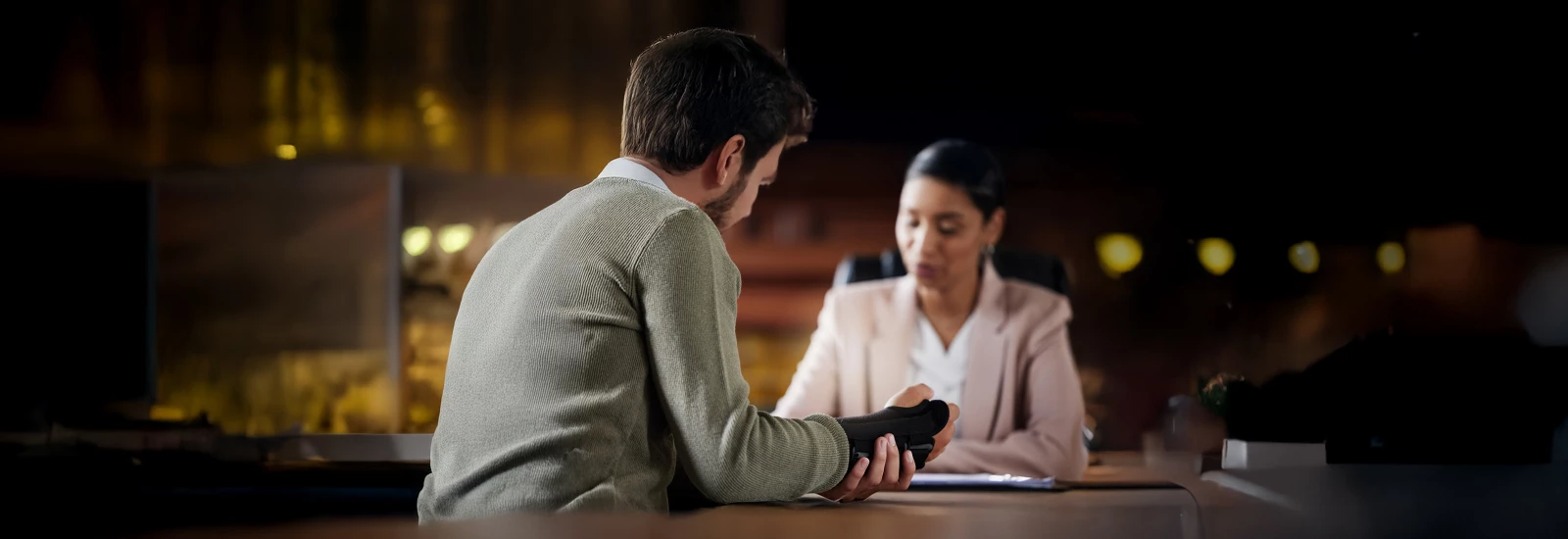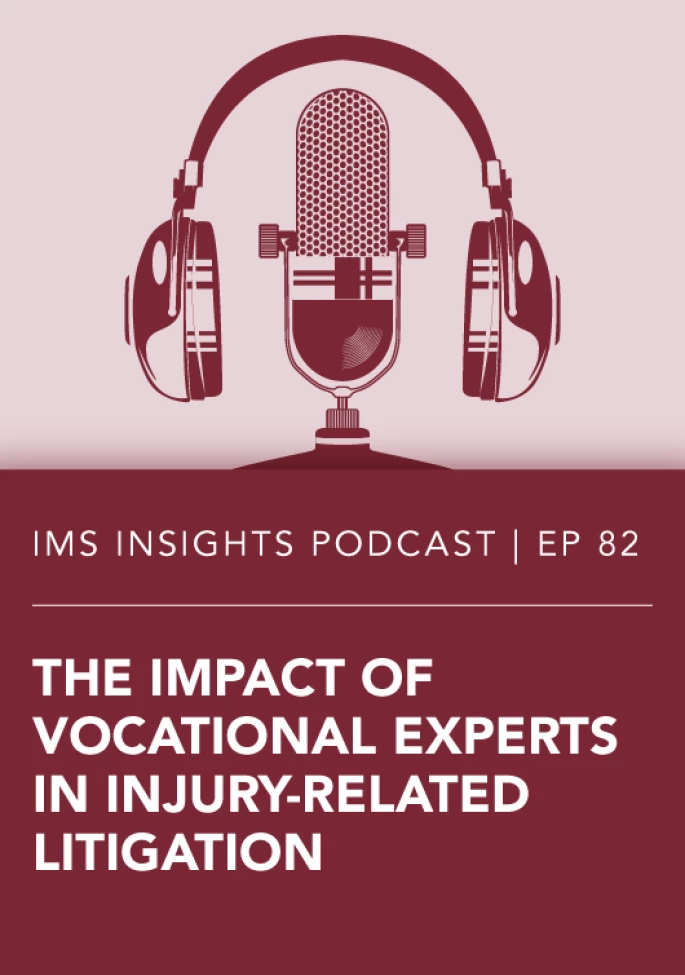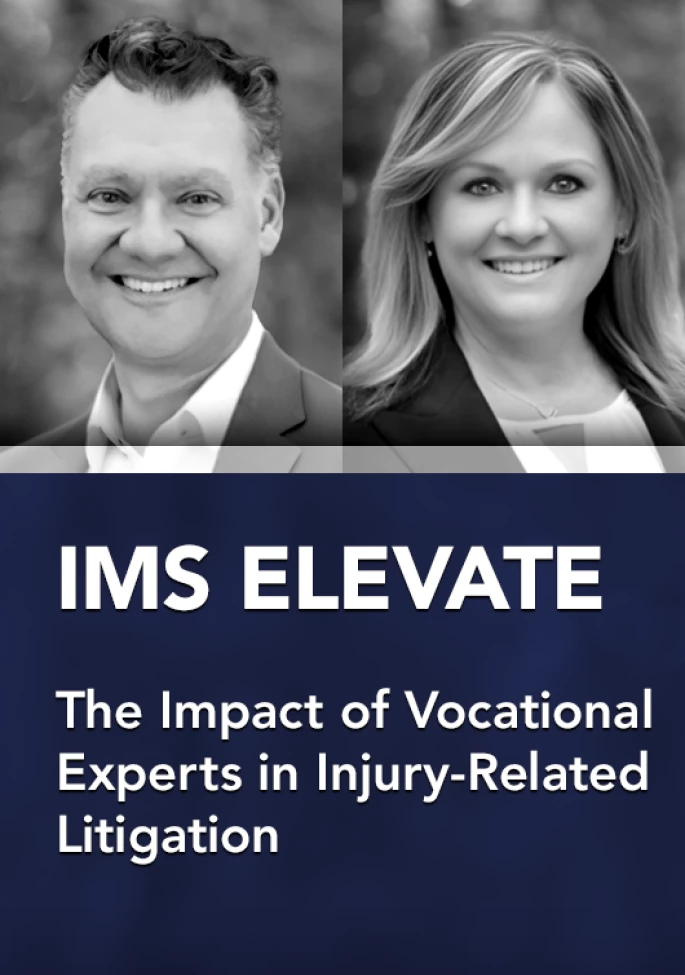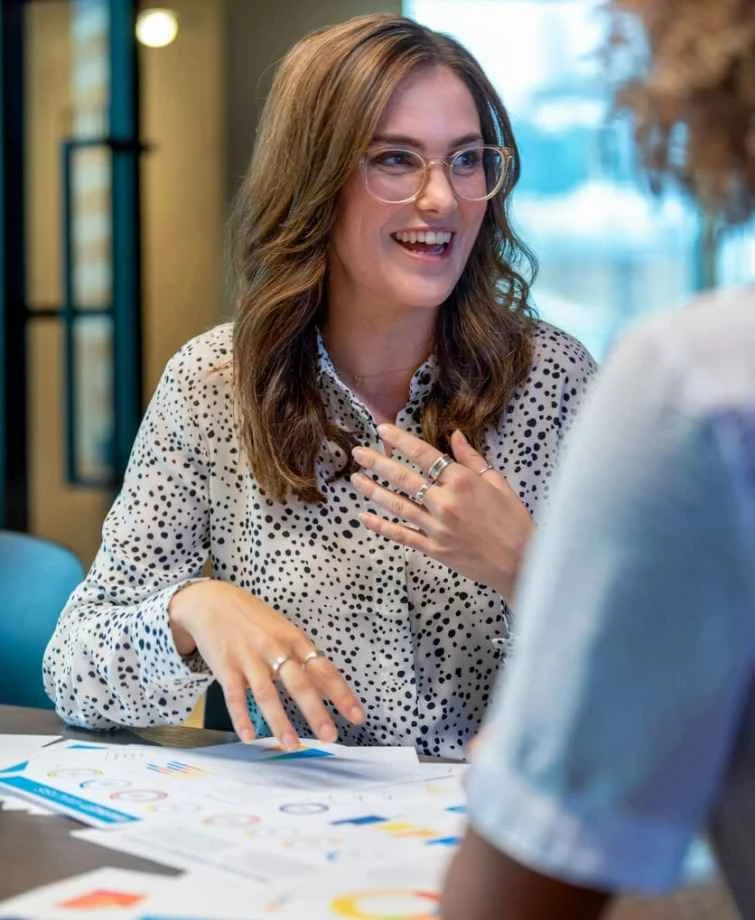When a serious injury disrupts someone’s ability to work and earn money, the ripple effects are immediate and far-reaching. Questions about employability, lost wages, and future earning capacity can quickly become central to litigation. That is where vocational experts step in. By connecting work restrictions to real-world job opportunities, these experts provide the evidence attorneys need to substantiate or challenge damages claims.
In a recent IMS Elevate episode, IMS Lead Life Care Planning and Vocational Expert Kacy Turner, MS, CRC, CVE, CLCP, joined IMS Senior Jury Consulting Advisor Chris Dominic to discuss how vocational assessments, expert testimony, and integrated litigation strategies help bring clarity and credibility to both plaintiff and defense cases.
What Is a Vocational Assessment?
One of the primary tools vocational experts bring to litigation is the vocational assessment. This comprehensive evaluation analyzes an individual’s education, work history, transferable skills, and medical limitations to determine realistic employment options post-injury. By connecting a person’s capabilities with the demands of the labor market, vocational assessments provide a clear picture of employability, potential earnings, and future career pathways.
In the context of personal injury cases, these assessments do more than outline job prospects; they supply attorneys, courts, and juries with reliable insights that inform damages calculations.
Why Do Vocational Experts Matter in Litigation?
A common misconception in personal injury cases is whether vocational experts are necessary. As Kacy explained, “Many times, the attorneys don't even realize what we bring to the table in terms of lost wages in the past and possible future loss of earnings.”
Without vocational expertise, calculations may rest on broad assumptions rather than the injured individual’s actual employability. Kacy highlighted the difference: “There are often other roles that somebody can perform, and the vocational consultant's job is to look at the work history, look at the person, look at the industries that they've worked in, and determine what, if any, jobs they can do in the future based on any disability or limitations that they have from the physicians.”
This layer of analysis prevents juries and judges from speculating about what an injured person can reasonably do. By filling that gap, vocational experts provide the bridge between
medical restrictions and economic damages, ensuring the damages narrative is clear to decision makers.
Regarding vocational collaboration with economists, Kacy noted, “My responsibility is to say, okay, this person made $100,000 a year, now he can only make $50,000 because they have to change into a different job. I then discuss those findings with the economist, and the economist will calculate those damages out.”
How Are Vocational Experts Different from Life Care Planners?
While vocational experts often collaborate closely with Certified Life Care Planners, their focus is distinct. As Kacy described, “Life care plans are really looking at what types of things the individual is going to need to live independently, to live on their own. And then the second section of that is what can they do now that we've got them as independent as they can be? What can they do in the job market to get back to work, to get more self-esteem and more self-confidence?”
With IMS, attorneys benefit from an integrated team that combines life care planning and vocational analysis. “It makes it a little more cost-effective for clients because they can hire one to two experts,” Kacy explained. “For somebody like me who can do both a life care plan and a vocational report, the client only has to hire one expert. We have three or four other experts within our team who are dual-certified as life care planners and vocational counselors. So, it makes it a nice place to be able to come and get what you need.”
Which Credentials Matter for Courtroom Credibility?
Credibility is crucial for expert testimony, especially under Daubert and Robinson challenges. Kacy explained that rigorous training and recognized credentials are the foundation for standing up under scrutiny: “A master’s degree from an accredited university and being a Certified Rehabilitation Counselor are very helpful to know that you’re following the standard methodology. We strive for the Daubert challenge because it’s a little bit higher than Robinson, and we follow the same methodology whether we’re doing work for plaintiff attorneys or defense attorneys.”
Beyond educational credentials, Kacy underscored the importance of real-world job placement experience, sharing that “Whether or not the expert has actually worked with disabled clients in job settings, whether they've done job search and job placement, it is being able to get out there and get in the trenches that gives you an idea of how the jobs operate.” This practical, real-world experience not only informs assessments but also bolsters credibility before juries, who may be skeptical of experts who rely solely on theoretical analysis.
Who Do Vocational Experts Support?
Together, well-developed vocational assessments and expert witness testimony are powerful litigation tools that provide decision-makers with a complete picture of how an injury affects an individual’s employability and earning capacity. This clarity is pivotal to inform both plaintiff and defense strategies.
For plaintiff attorneys, vocational assessments help substantiate claims by demonstrating the long-term economic impact of traumatic injuries. For defense attorneys, rebuttal assessments uncover gaps or overstatements in a plaintiff’s analysis and provide a realistic view of employability and earning potential, ensuring compensation requests reflect actual opportunities and limitations.
Partner with IMS Vocational Experts
Vocational experts like Kacy Turner provide key insights to both plaintiff and defense teams, delivering assessments and testimony that strengthen cases and optimize outcomes. With IMS Legal Strategies’ vocational expertise by your side, you gain the advantage of moving forward with confidence.
If you need a vocational assessment or are seeking answers to your questions, please visit imslegal.com or call 866-751-6680.






